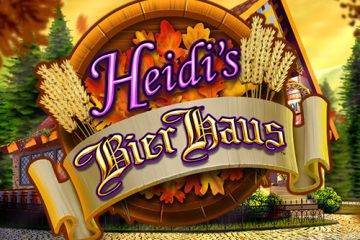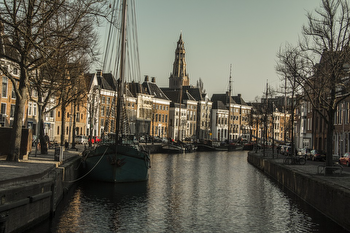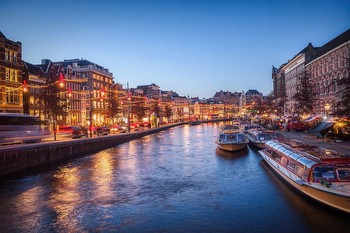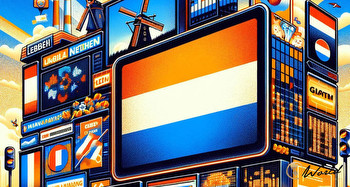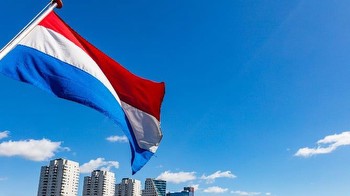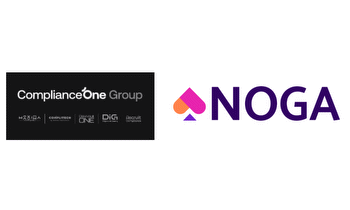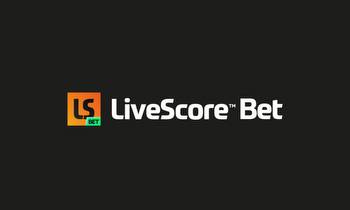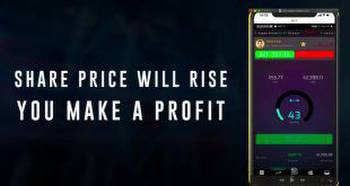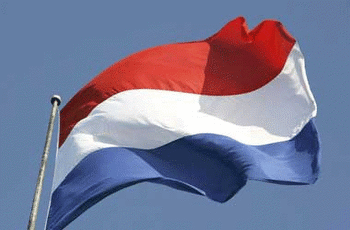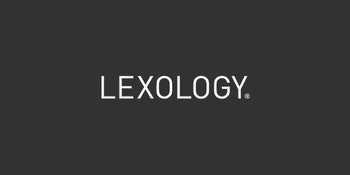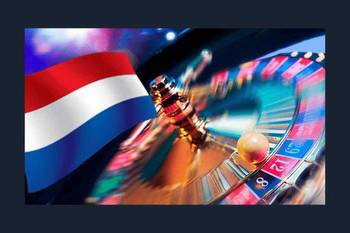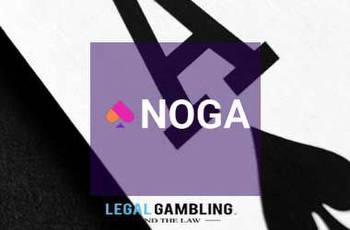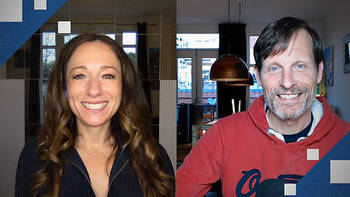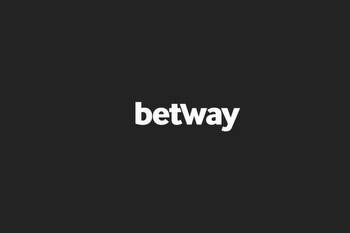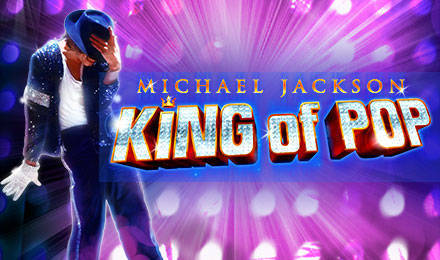Netherlands Online Gambling Association calls for further gambling advertising control
etherlands Online Gambling Association is calling for further gambling advertising control, as it considers that the current cap to allow a maximum of three gambling advertisements per commercial break does not go far enough.
“The limit of three gambling advertisements per block applies only to Internet gambling advertisements,” explained Peter-Paul de Goeji, director of NOGA. “So, in addition to three advertisements for online gambling, Holland Casino, Gaston and Koning TOTO will be allowed to advertise their offline offerings without any restrictions.”
While the association believes that it is a good thing to now have an advertising code, it cannot be afforded that there will be no protection against too many advertisements. NOGA believes the viewer does not make the distinction between offline and online, just seeing gambling ads.
the association describes the current offering of gambling advertisements as “ubiquitous”, present in television, radio, the internet and more. This has resulted in consumers finding the excessive amount of gambling ads irritating.
“This irritation, and the flooding with gambling advertising, must be prevented,” said de Goeji. As a result, NOGA has been calling on gambling providers both online and offline, as well as media parties and broadcasters, “to sit down and make agreements” on the total amount of gambling advertising in the Netherlands “since June 2019 already.”
“We need to do this to temper the growth that is coming, with the legalization of the online market, and to prevent a gambling advertising avalanche,” further added the NOGA director.
Should this not be prevented from happening, the association fears a ban on gambling advertising could be introduced, resulting in operators not being able to persuade consumers to play at legal gambling sites. As a result, NOGA advocates advertising volume control.
The Netherlands Online Gambling Association counts with ten members, representing a large majority of the future licensed online gambling providers in the country. Despite requests, NOGA was not involved in the drafting of the advertising code for online gambling.
According to the association, the code was written by land-based providers, something NOGA values as “unwise”, believing that self-regulation benefits from “the broadest possible adoption.” Moreover, de Goeji believes it has been a missed opportunity for NOGA to contribute the “varied and extensive international expertise” its members have acquired in other European countries.
“NOGA was only allowed to comment on the final draft version as a sweetener, but its main criticisms were unfortunately brushed aside,” laments the association’s director. “Anyway, we are now turning the page and are looking forward again. We support the code, with the important addition that that cross-sector agreement of advertising volume control is absolutely necessary.”







